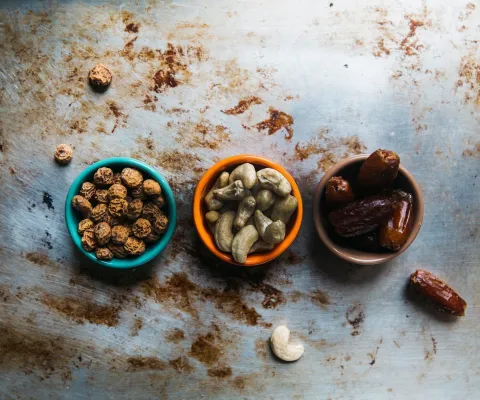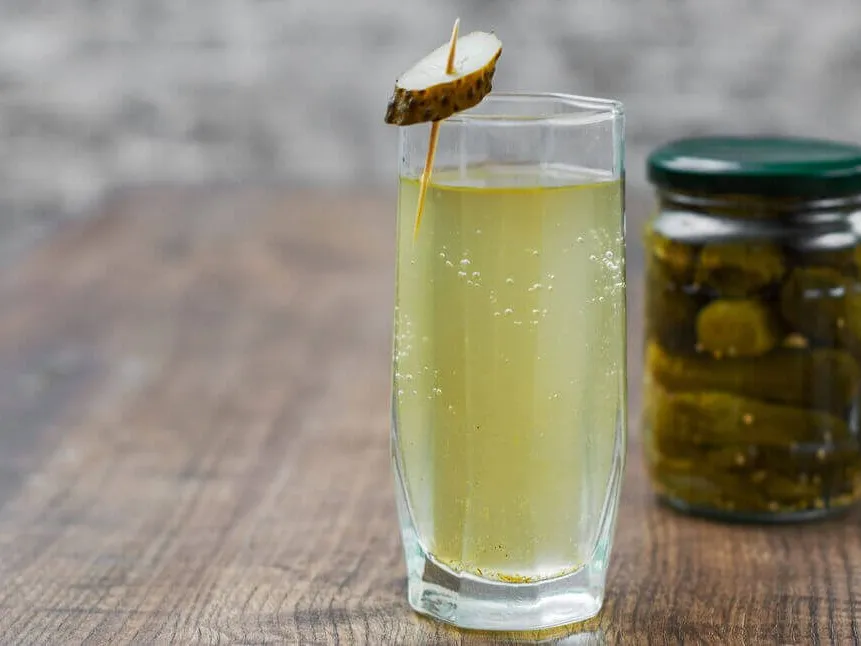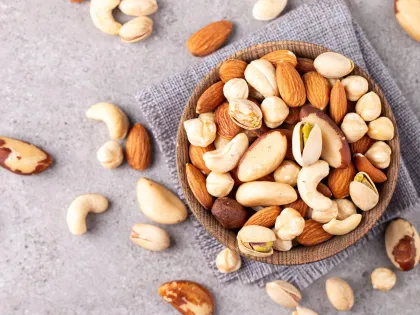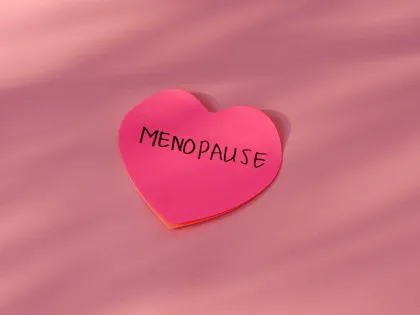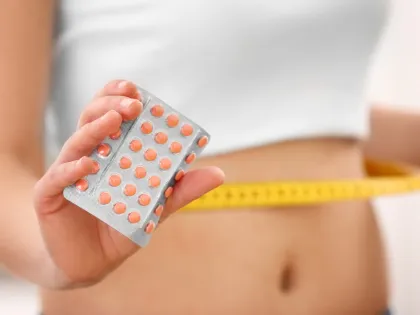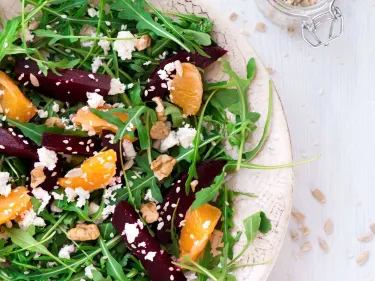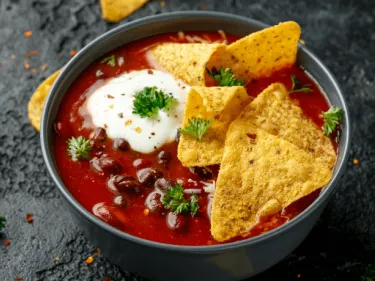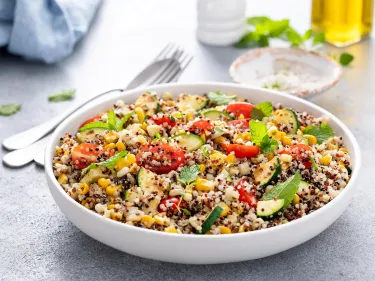When tennis pro Medvedev was seen drinking Pickle juice during the Australian Open men’s final the search engines went into overdrive. Let's check the science to see whether Pickle juice is a product you need to grab, or not, next time you head to the gym, track, court or field?
What is Pickle juice?
Pickle juice is the salty liquid that you drain off the jar or can of pickles before you eat them. This liquid is also slightly acidic. The purported benefits of drinking pickle juice is that the salt (sodium chloride) and vinegar (acetic acid) theoretically reduces the duration of exercise-induced muscle cramps while helping to rehydrate the body.
According to the channel 9 coverage of Saturday’s match, Medvedev was seen drinking “Pickle juice”, which was not rescued pickle water, rather a specifically formulated, commercially available electrolyte beverage.
Does it work?
Pickle juice, and other foods such as mustard contain Acetic acid, as well as salt (sodium chloride). It is suggested that the acetic acid in these drinks act upon sensors in the mouth and throat to reduce or stop the messages telling a muscle to contract, therefore stopping or reducing the duration of muscle cramps. Only a few human based studies have been conducted that evaluate the specific role of Pickle juice on exercise induced muscle cramps. The other studies looking at the possible role that Acetic acid may have in reducing the duration of exercise induced muscle cramps have used animals.
One study involving 10 male college students used electrically induced muscle cramps to simulate the cramps likely to occur during exercise. Participants undertook a sequence of activities until they had each lost around 3% of their body weight, to be equally dehydrated, and then a sequence of cramps initiated. After the induction of a second cramp, participants drank deionised water or pickle juice. Those who drank the pickle juice experienced a shorter cramp duration than those who drank the water. Whilst the study did show that the muscle cramp that participants experienced was shorter, there have been limited other studies to replicate these results.
Another theory behind why exercise induced muscle cramps occur suggests that being dehydrated and having a loss of electrolytes may have an influence. Sodium is an electrolyte your body uses to help control fluid balance. You lose fluid and electrolytes when you exercise and when you urinate. When exercise is intense, you lose more fluid. And when you exercise for a long time or in hot weather, like in the tennis final, you lose even more again. Being dehydrated or losing electrolytes may be a cause of exercise induced muscle cramps, along with other factors, such as how fatigued your muscles are.
To drink Pickle juice or not?
Fluid and electrolytes lost during exercise need to be replaced. If fluids aren’t replaced, then performance during exercise reduces, meaning you will not play your best tennis. Also, muscle recovery post exercise is likely to be slower, which would make it hard to back up in another tennis game the next day.
While some athletes swear by using Pickle juice to reduce muscle cramps, the evidence behind its use is not strongly supported. There are times when drinking an electrolyte supplement to help with rehydration after exercise may be useful. For now, most armchair athletes would be wise to give the pickle juice a miss and rehydrate with water.
